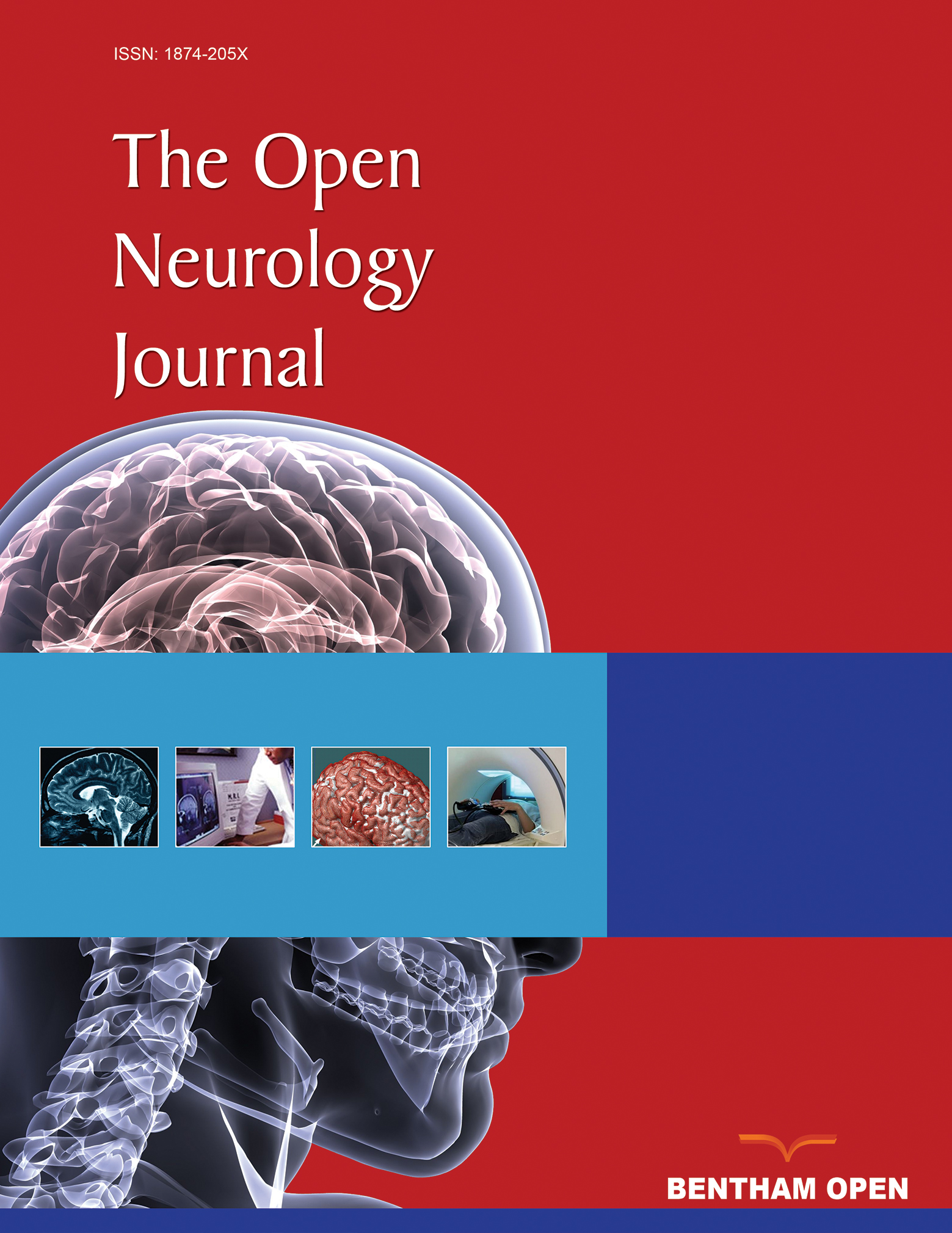A High-fat and High-Cholesterol Diet Potentiates Oxidative Damage in Hippocampus of Mice Lacking Apolipoprotein E
Abstract
Objective:
We examined genetic and dietary challenge on hippocampal oxidative damage. Mice expressing (ApoE+/+) or lacking apolipoprotein E (ApoE-/-) were maintained on a standard diet or a high fat /high cholesterol (challenge) diet for 11-31 weeks. Similar levels of oxidative species were observed for ApoE+/+ and -/- mice maintained on the basal diet.
Method:
However, treatment of ApoE-/- homogenates with hydrogen peroxide and iron increased oxidative species by >100%, indicating an equivalent amount of potential oxidative species in latent form. We observed a time- and region-specific induction of oxidative damage in the hippocampi of ApoE-/- but not +/+ mice while maintained on the challenge diet. Notably, however, additional significant latent oxidative products were detected during this time. After 31 weeks of dietary challenge, by which time hippocampal oxidative species had doubled, there was an additional 50% in the latent form.
Conclusion:
This highlights the degree to which ApoE deficiency places hippocampal tissue at risk for oxidative damage. Even a modest dietary deficiency may be sufficient to provoke oxidative damage to hippocampal tissue. These results highlight the combinatorial impact of genetic and dietary deficiencies on oxidative damage to hippocampal tissue.


